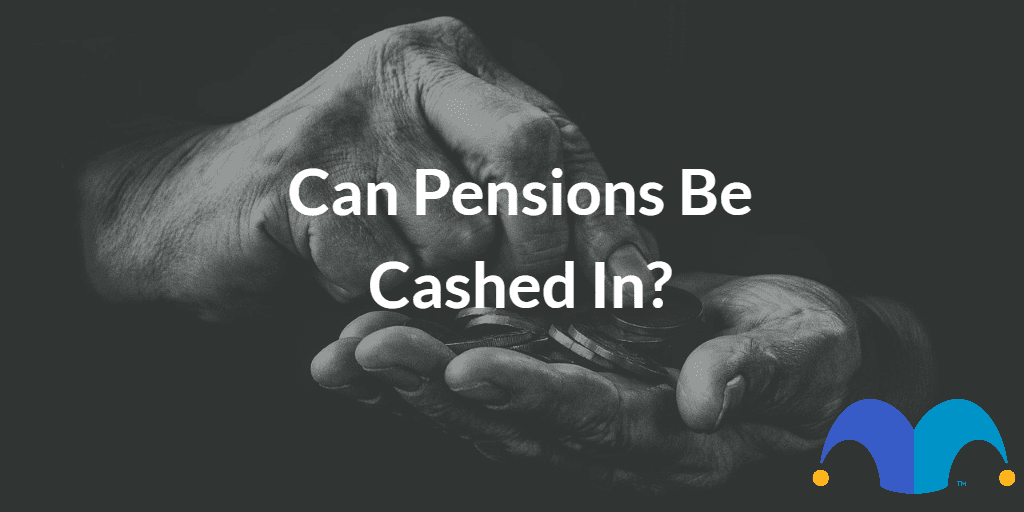Can pensions be cashed in? The very short answer is yes, they can. But that doesn’t necessarily mean that they should be. Here’s why.
Can pensions be cashed in?
If you are nearing retirement, then you may well be thinking about what to do with your pension.
Cashing in your pension is entirely possible, but that doesn’t mean it’s advisable. Practically speaking, you can access your pension from whenever the minimum retirement age is. Currently, that’s 55, but come 2028, it will be 57.
There is also no limit on how much you can take out. The Pension Freedoms legislation introduced in 2015 gave savers complete control over what they wanted to do with their pensions. While previously most people had to use their pension pot to buy an annuity, now you can pretty much do what you want with it. And this includes cashing it in.
Should you cash in your pension?
Now that we have answered whether pensions can be cashed in, we need to look at whether they should be. Because there are significant drawbacks to taking too much out of your pension at once.
If cashing in your pension is something you are considering, it is worth seeking independent financial advice first. Smart directory Unbiased has a smart matchmaking tool that helps pair you with a financial adviser in your local area.
So let’s take a look at what you need to think about when considering cashing in your pension.
Tax implications
The big one is that taking too much of your pension at once can lump you with a large tax bill.
You can take up to 25% of any pension pot tax free. But the remaining 75% will usually be taxed just the same as your income would be.
For example, if you had a pension pot that was £50,000, you could take £12,500 out completely tax free. However, if you were to withdraw the remaining £37,500 (and had no other income), you would be subject to income tax. Another £12,500 would be tax free as that is your personal allowance. But £25,000 would be subject to income tax at 20%.
There is also a scenario where cashing in too much of your pension could push you into the next tax band. If you still have other forms of income, and then withdraw your pension as well, you could be looking at a higher rate of tax.
Restricted payments
You may find that cashing in your pension could lower the payments you or an employer can make into your pension scheme. This can be a problem if your plan is to carry on paying into your pension after you start taking money from it.
Running out of money
There is a very real risk that by cashing in your pension, you could run out of money when you need it the most.
If you have multiple pension pots and the one you cash in is a small percentage of your total retirement savings, then the risk is lower.
But if it represents a large chunk of what you need to fund your retirement, then spending it at this point would leave you reliant on the State Pension. Unfortunately, the State Pension is not enough to live comfortably on. Plus it is something you can’t access until you reach State Pension age.
Take home: can pensions be cashed in?
In reality, there is nothing to stop you from cashing in your entire pension when you reach the minimum retirement age.
However, it’s not necessarily the wisest financial move. While pensions can be cashed in, the drawbacks of doing so are many.
When it comes to pensions, it’s important to get the right advice. Reaching out to an independent financial adviser could help you see the full picture and make the right decision for your finances.
Please note that tax treatment depends on the individual circumstances of each client and may be subject to change in future. The content in this article is provided for information purposes only. It is not intended to be, neither does is constitute, any form of tax advice. Readers are responsible for carrying out their own due diligence and for obtaining professional advice before making any investment decisions.
